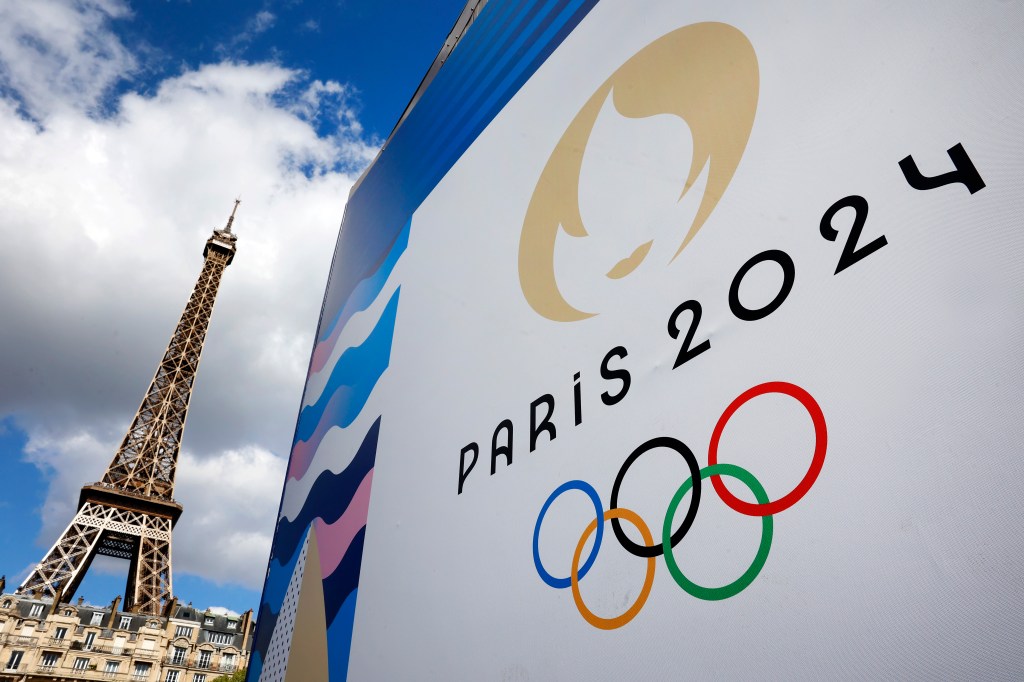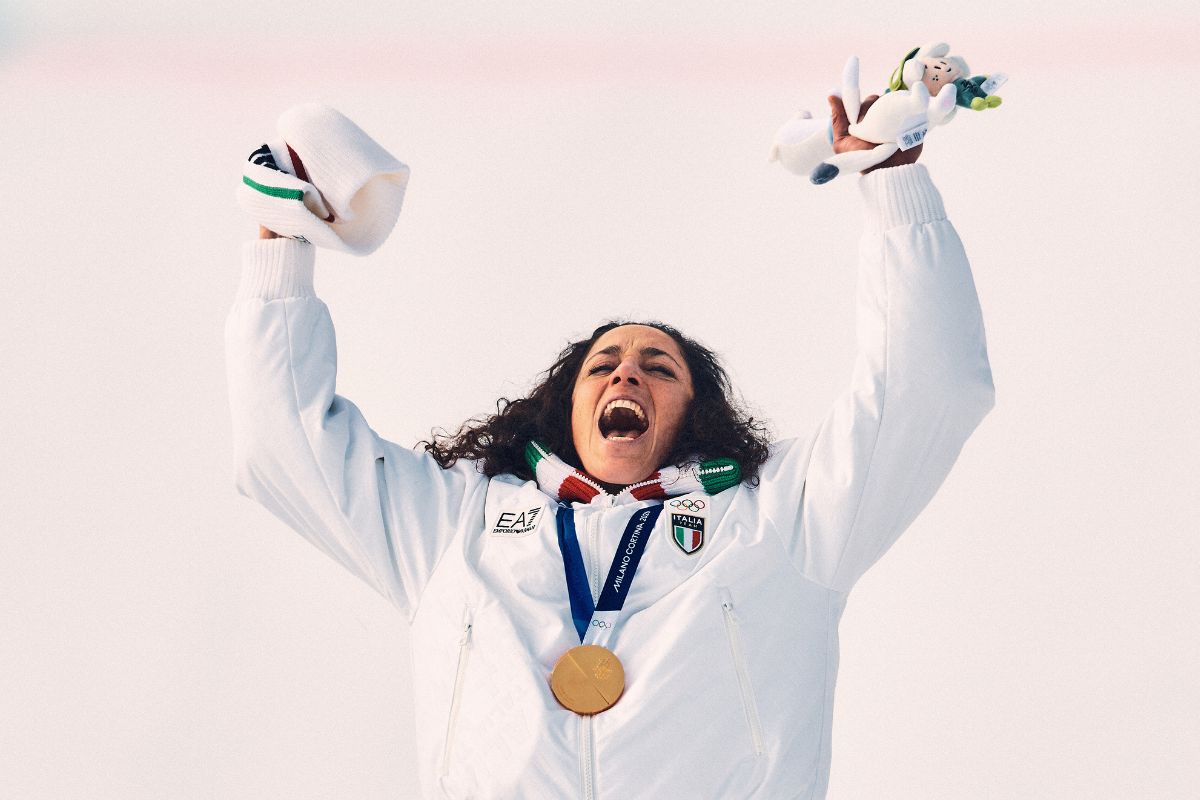World Athletics, the international governing body for track and field sports, announced this month it will be providing a US$50,000 reward for athletes who take home gold at the summer Olympic games in Paris, a first-of-its-kind move that tacks on another revenue stream for some Olympians who have traditionally received tens of thousands of dollars in cash from their respective countries.

Key facts
- World Athletics, which covers sports such as track and field, road running and race walking, said early this month it fenced off a total prize pot of US$2.4 million from a revenue share it receives every four years from the International Olympic Committee, opening up individual track and field athletes for a US$50,000 payout if they secure a gold medal.
- The US$50,000 reward will be split when given to relay teams, and is a departure from tradition, as governing bodies and other neutral committees behind Olympic sports have never paid Olympians for medal-winning performances, unlike individual countries, which have provided a wide range of cash for medalists.
- Singapore rewards its gold medalists nearly 20 times more than the U.S., according to NBC News, which reported the country paid out a taxable US$737,000 to individual gold medalists at the most recent Olympic games.
- Australia is understood to reward its gold medallists with a AUD$15,000 bonus.
- Italy, which won 17 gold medals at the 2022 Winter Olympics in Beijing, provided its gold medalists with a US$201,000 bonus, paying out a total of US$2.7 million by the end of the event, according to Forbes.
- U.S. Olympians were paid US$37,500 for securing a gold medal in Beijing, where the country won 25 gold medals and recorded a total payout of US$1.5 million.
- The U.S. Olympic and Paralympic Committee provides the money for the gold medal prize, doling out US$22,500 for silver and US$15,000 for bronze, the Associated Press reported.
Contra
A fellow international sports organization, the Association of Summer Olympic International Federations, came out against World Athletics’ Paris Olympics decision in a statement Friday, saying it wasn’t informed or consulted about the announcement of the $50,000 reward.
The association claimed the award “undermines the values of Olympism” and “disregards the less privileged athletes lower down the final standings.”
Big number
48. That’s how many athletics events will be eligible for World Athletics’ $50,000 gold medal prize money.
Surprising fact
Participation in the Olympics used to be explicitly limited to amateur athletes who were shunned by the International Olympic Committee if they took money or endorsements for playing, according to CNN.
The change from amateur athletes to professional ones who carried with them the potential to bring in money for the Olympics came in the 1990s, when amateurism was removed from the Olympic charter.
The 1992 U.S. Olympic men’s basketball team’s dominating, gold medal-winning performance at the Barcelona games is largely regarded as the start of the Olympics’ professional era, the Associated Press reported.
The team consisted of basketball greats such as Michael Jordan, Magic Johnson, Larry Bird, Charles Barkley, David Robinson and more.
Key background
World Athletics president Sebastian Coe told reporters that World Athletics only gave the International Olympic Committee “a heads-up” of its intentions shortly before it published the announcement about the $50,000 reward, according to the Associated Press.
The IOC responded by saying it was up to each sport’s governing body to decide how they spend their share of Olympic revenue, the Associated Press reported.
The IOC, a non-profit organization, redistributes 90% of all its income from the Olympic games to sporting governing bodies such as World Athletics, according to the IOC’s website.
This story was first published on forbes.com and all figures are in USD.


